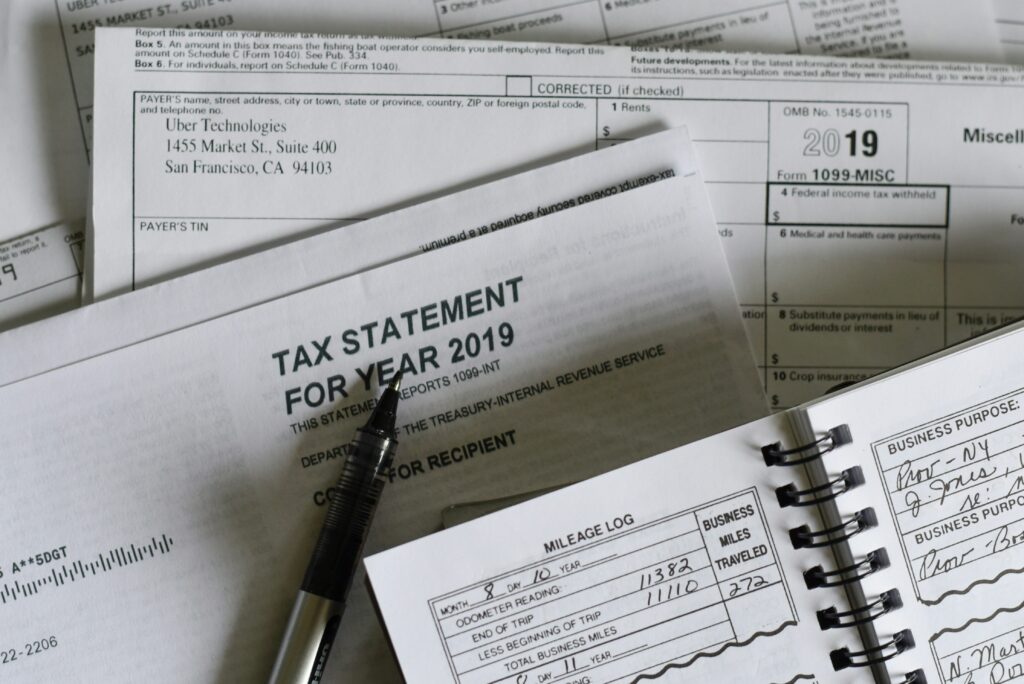Germany, with its thriving economy, rich cultural heritage, and high living standards, lure expatriates worldwide. Navigating the intricacies of Germany’s tax system is essential for a fulfilling expat experience. This comprehensive guide offers invaluable insights, ensuring tax compliance and deepening your understanding of German tax regulations. Whether you’re considering a move, already residing in Germany, or simply seeking to enhance your levy knowledge, this resource is indispensable.

Navigating the German levy maze
While Germany’s levy system is known for its efficiency, it can pose challenges for newcomers. This article aims to demystify the complexities, offering valuable advice and insights for informed financial choices. Tailored to individuals, freelancers, and business proprietors, this guide simplifies the German levy landscape, ensuring that you can navigate it with confidence and make sound fiscal decisions.
Understanding progressive income tax and VAT rates
In Germany, the levy structure follows a progressive model, where higher earners face greater levy rates. Income levy spans from 14% to 42% for a significant portion of your earnings. If your income surpasses €274,613 for an individual or €549,227 for a couple, a ‘rich tax’ of 45% applies to the excess. Germany operates a Value Added Tax (VAT) framework, featuring a 19% standard rate and a 7% reduced rate on select items such as food and books. While Germany’s levy rates may appear daunting, they serve as the bedrock for comprehensive public services, encompassing cutting-edge infrastructure, healthcare, social welfare, and education.
International tax comparison
Germany’s higher levy rates, akin to countries such as Norway, Denmark, and Sweden, fund extensive public services, from robust infrastructure to healthcare and education. On the flip side of the global spectrum, nations like Bermuda, the Bahamas, and the United Arab Emirates bask in a levy-free haven, sparing their residents from income levy obligations.
Understanding your German tax category
Your levy liability in Germany hinges largely on your levy category, and there are six to choose from. These classes take into account factors like your marital status, the number of children you have, and other criteria. A solid grasp of these classes is pivotal to preventing overpaying your taxes.
- Tax class I: Single, widower, or divorced people without children.
- Tax class II: Unmarried, widowed, or divorced and have at least one kid.
- Tax class III: Married people whose spouse is a foreign national.
- Tax class IV: Married couples where both partners make a comparable income.
- Tax class V: Married people whose spouse is in levy class III.
- Tax class VI: Individuals earning income from a second job or pension.
Making tax payments
Germany synchronizes its tax year with the calendar, culminating on December 31st. Typically, the levy return deadline falls on July 31st of the following year. If you enlist a levy advisor, this deadline extends to the end of February in the second year.
Revenue-free and deductible allowances
Utilizing revenue-free benefits and deductible expenses is one strategy to lower your revenue obligation in Germany. Among the significant ones are:
Basic tax-free allowance
In 2023, the Basic levy-Free Allowance stands at €9,744 for individuals and €19,488 for couples. This means that any income below these thresholds is exempt from taxation.
Child allowance
Parents are entitled to a child stipend of €2,194 and a €1,320 daycare payment for each child.
Transport allowance
Commuters are entitled to €0.30 for each mile traveled to and from their place of employment.
Church levy in Germany
Catholic, Protestant, or Jewish members of certain religious communities are required to pay church tax, which amounts to 8–9% of their income revenue.
Expat’s levy concerns and double taxation agreements
You might worry about paying taxes in both Germany and your home country as an expat. The good news is that Germany has Double Taxation Agreements (DTAs) with many nations, preventing you from paying taxes on the same income twice.
You may also find these articles helpful
Reasons to immigrate to Germany
